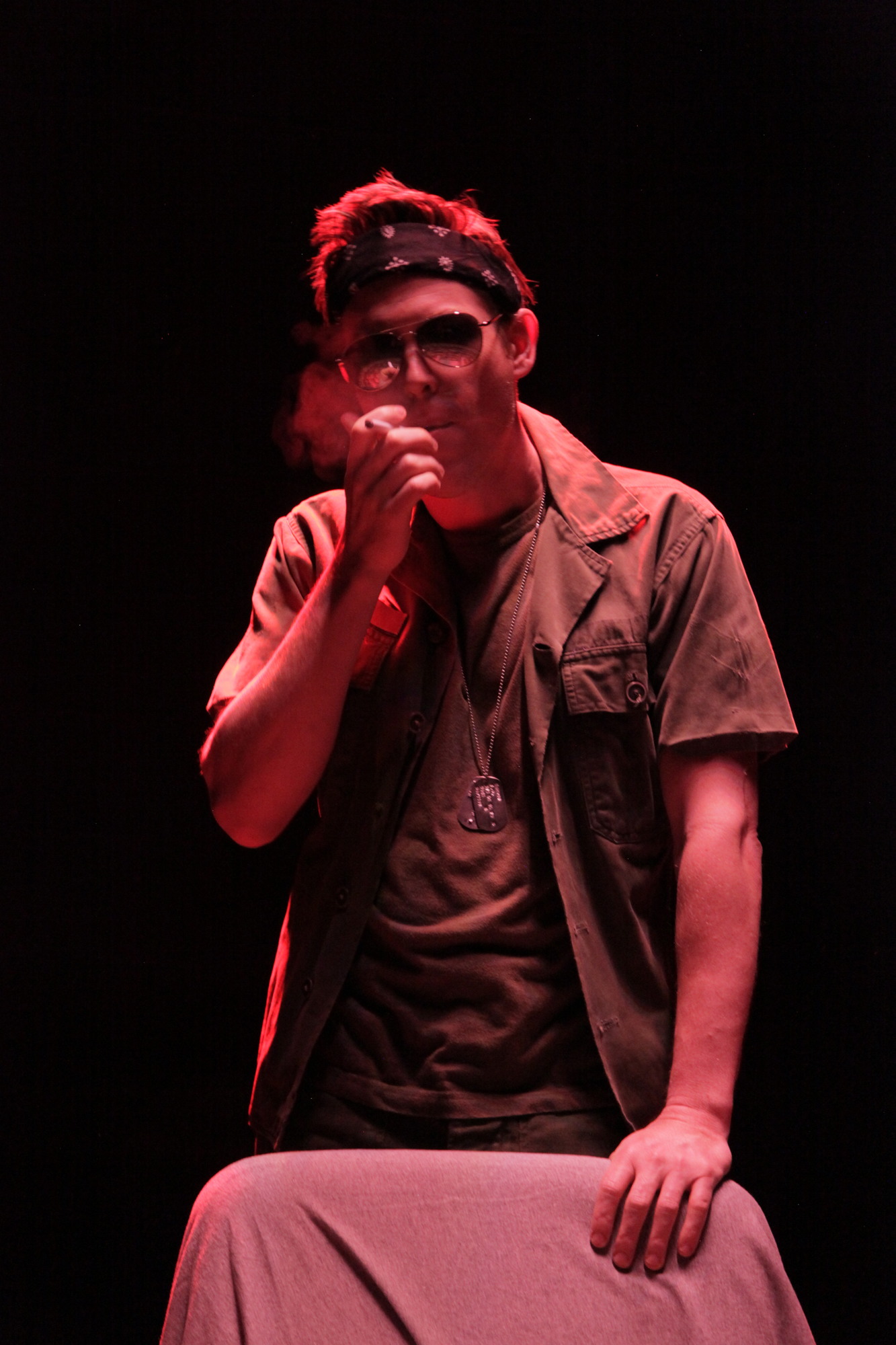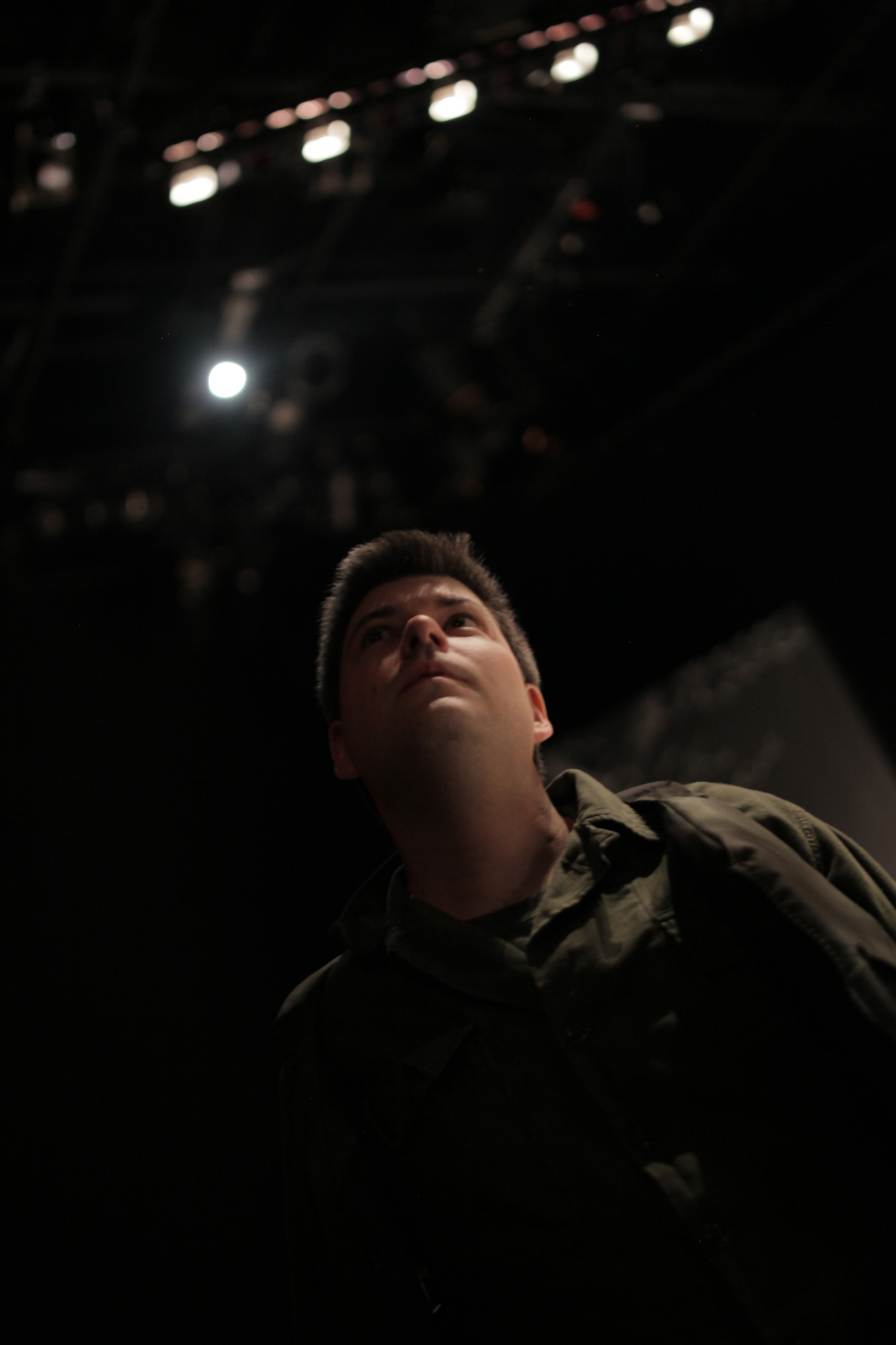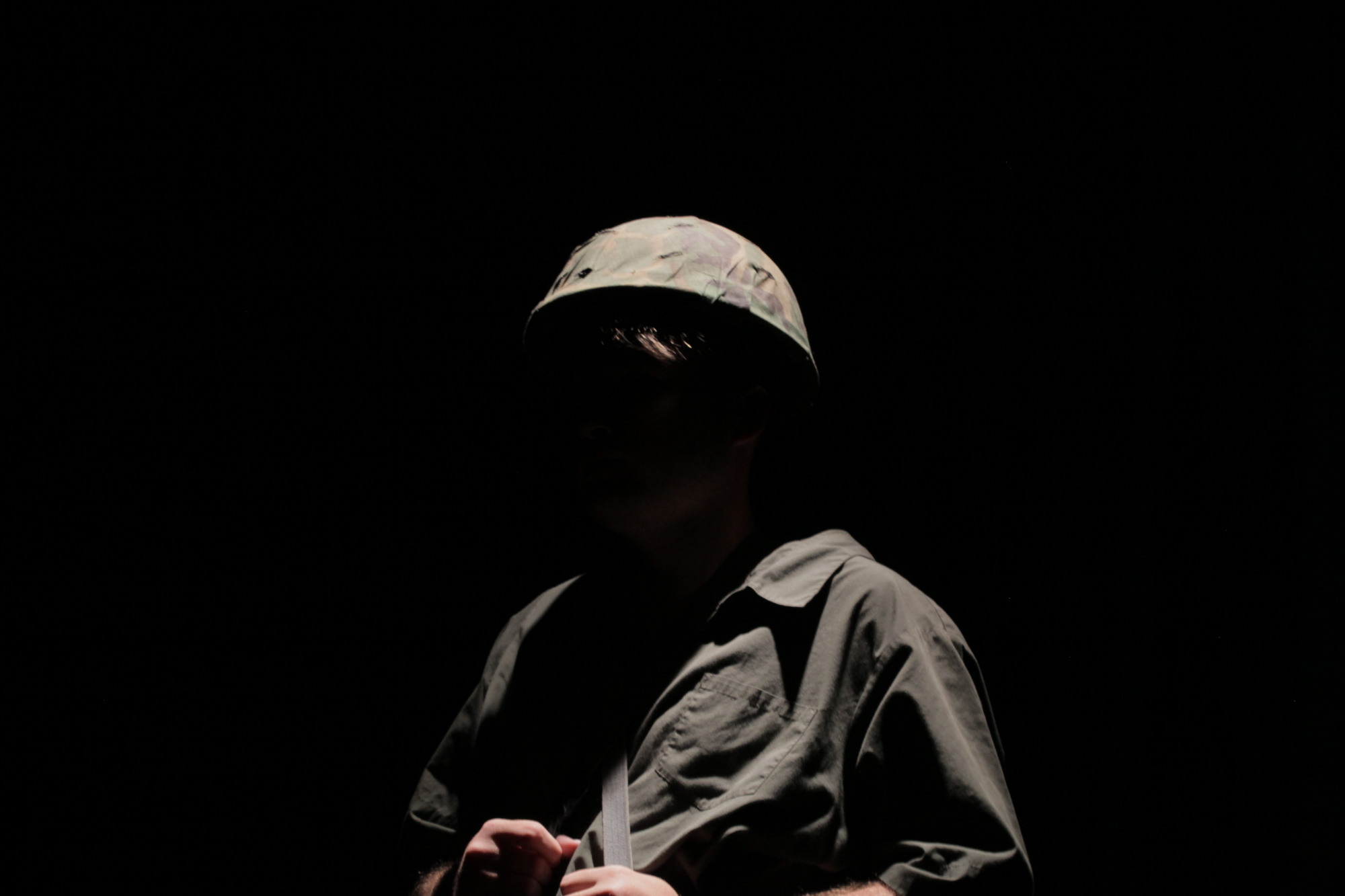- November 23, 2024
-
-
Loading

Loading

Dylan Jones’ “The Remnant” recently premiered at the Manatee Performing Arts Center. Our May 25 feature examined the play’s origin. This review will focus on the play itself.
Basically, it’s the non-Hollywood version of Vietnam.
Aside from the real world body count, the Vietnam War affected America’s popular imagination like a violent blow to the head. First came temporary amnesia and disassociation. Then the memories start flooding back—but distorted and fragmented. More like fever dreams than clear recollections.

America’s filmmakers were especially disoriented. Movies like “Apocalypse Now,” “The Deer Hunter,” “Platoon,” and “Full Metal Jacket” filtered the Vietnam War experience through the lenses of politics and artistic flourish. Martin Sheen calls down a rain of fire for pure spite; Christopher Walken enjoys a game of Russian roulette; Willem Dafoe meets his maker like Jesus in battle fatigues; Vincent D’Onofrio goes off the deep end with a malevolent Kubrick stare.
For those who weren’t there, the tapestry of cinematic images became the Vietnam War experience. But those who were there don’t mistake Hollywood for history. (As my late uncle, a fighter pilot, once quietly pointed out to me.)
Jones’ play is a true story. It’s based on the experience of the very real Jim Kyle. Back in 1967, Kyle’s best friend, Danny Nicklow, had a draft deferment and a full scholarship. But he set that aside, enlisted in The Marines, and died in Vietnam. Kyle followed in his late friend’s footsteps. He survived the war, but barely survived peacetime. The wretched excess of the 1980s cost Kyle his marriage and alienated his children. After that, he found a new mission: uncovering the truth of how Nicklow died.

Kyle kept digging. And finally dug up the truth.
Nicklow spent his last seconds on Earth performing an incredible act of heroism. In a work of fiction, his deed might seem over the top. Actual war stories often do.
Jay Bowman, Chris Hines, Dylan Jones, Logan Junkins, Austin McKinley and Sherrie McKinley deliver grounded performances on opening night. Their portrayals are moving—but they never milk the scenes to get a reaction. They play it straight without any jive. (This one performance had a temporary substitution: Jones portrayed Kyle’s young self; Junkins played Nicklow. For the remainder of the play’s run, Jones will play Nicklow and Ren Pearson will be the young Kyle.)
These serious acting talents bring Jim Kyle’s trial by fire to life. With words of fire from Dylan Jones’ script.
As a playwright, Jones has a savvy sense of dialog, character and scene construction. He makes action and motive clear and never gets bogged down. As a director, Jones wields the same sharp sensibility.
All those dramaturgical skills don’t exist in a vacuum. Jones is clever, but he never shows off. His talent serves the demands of storytelling. And this particular play makes unique demands.
“The Remnant” is more like a dramatized documentary than an expression of the craft of fiction. The play defiantly isn’t the Hollywood version. It’s what actually went down in the Vietnam War—a first-hand account from a man who was there. Jones’ drama simply tells you: This is what happened, and this is what it does to you. A simple story. One which isn’t either anti-war or pro-war.

But it is fiercely anti-amnesia—a defiant rejection of the lazy notion of disposable warriors. Out-of-sight, out-of-mind, and quickly forgotten? Hell no. “The Remnant” won’t let you forget.
It’s a memory play in more ways than one.
As the real Kyle told the audience on opening night, “Question the war, but never the warrior. And never forget their sacrifice.”